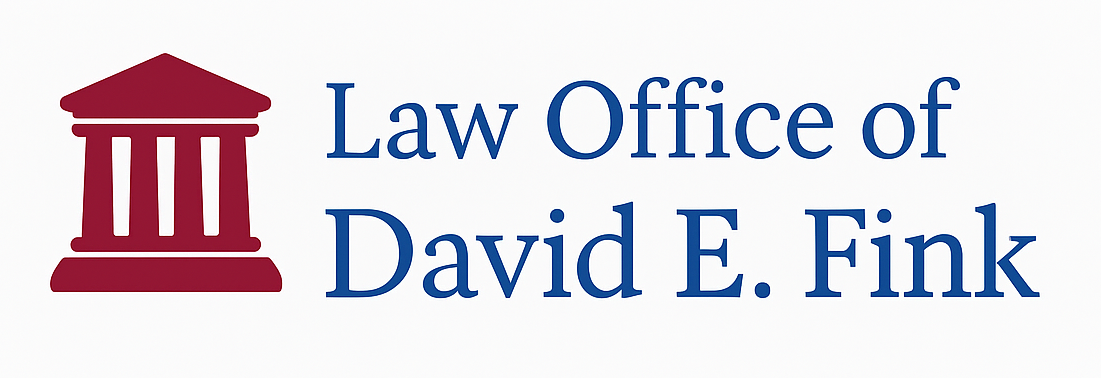Life Insurance Claim
Insurance Bad Faith – Hold Insurers Accountable
When Insurers Cross the Line
Not every claim denial is “bad faith.” But when an insurance company fails to treat you honestly or fairly, the law gives you options. In Maryland, bad faith can mean:
- Lack of Reasonable Basis – Denying or delaying payment without valid evidence.
- Failure to Investigate – Ignoring key documents or witness statements.
- Misrepresentation – Misstating what your policy covers to avoid paying.
- Undue Delay
– Dragging out the claim for months without justification.
- Lowball Offers – Proposing an unreasonably small settlement with no explanation.
- Harassment or Intimidation – Pressuring you to accept less or avoid getting a lawyer.

First-Party vs. Third-Party Bad Faith
A denial is not the end of the road. Protect your rights by:
01
First-Party Bad Faith
Most clients we help are dealing with first-party bad faith—when their own insurance company refuses to pay a valid claim, such as a life insurance payout, disability benefits, or homeowners’ coverage after a loss.
02
Third-party bad faith
Third-party bad faith involves an insurer failing to defend or settle a claim against you, leaving you exposed to a larger judgment. While less common, we understand both scenarios and can advise on either.

Maryland Remedies for Bad Faith
Maryland law allows you to:
- File a
complaint with the Maryland Insurance Administration (MIA) in certain first-party cases.
- Pursue a
lawsuit for breach of contract and bad faith, which can result in recovery of your claim amount plus interest, attorney’s fees, and potentially other damages.
Often, preparing a strong bad faith claim or lawsuit motivates insurers to settle before facing penalties. We handle both the administrative process and litigation, tailoring our strategy to your specific case.
Proving an Insurance Company Acted in Bad Faith
We build the case by:
- Collecting every letter, email, and call log from your insurer.
- Documenting delays and comparing them to industry standards.
- Bringing in expert witnesses—such as former adjusters—to explain where the insurer fell short.
- Using discovery to uncover internal notes that may show intentional delay or bias.

Example of Bad Faith in Action
In one case, a Maryland homeowners’ insurer denied fire damage coverage by accusing the owner of arson—with no real evidence. Our investigation revealed an internal memo labeling it a “high value claim” and suggesting ways to deny it. Faced with exposure in court, the insurer paid the full claim plus legal fees.
Why Having a Lawyer Changes the Game
When we step in, insurers know they can’t use stall tactics without scrutiny. Many times, our early involvement leads to faster, fairer offers. If not, we’re ready to take them to court.
Free Case Evaluation
Talk to Us About Suspected Bad Faith
If your insurer is giving you the runaround, delaying without explanation, or denying a valid claim, contact our Maryland insurance bad faith lawyers. We’ll evaluate your case, explain your rights, and outline your next steps. Initial consultations are free, and in many cases, our fees are contingent on winning or recoverable from the insurer.

